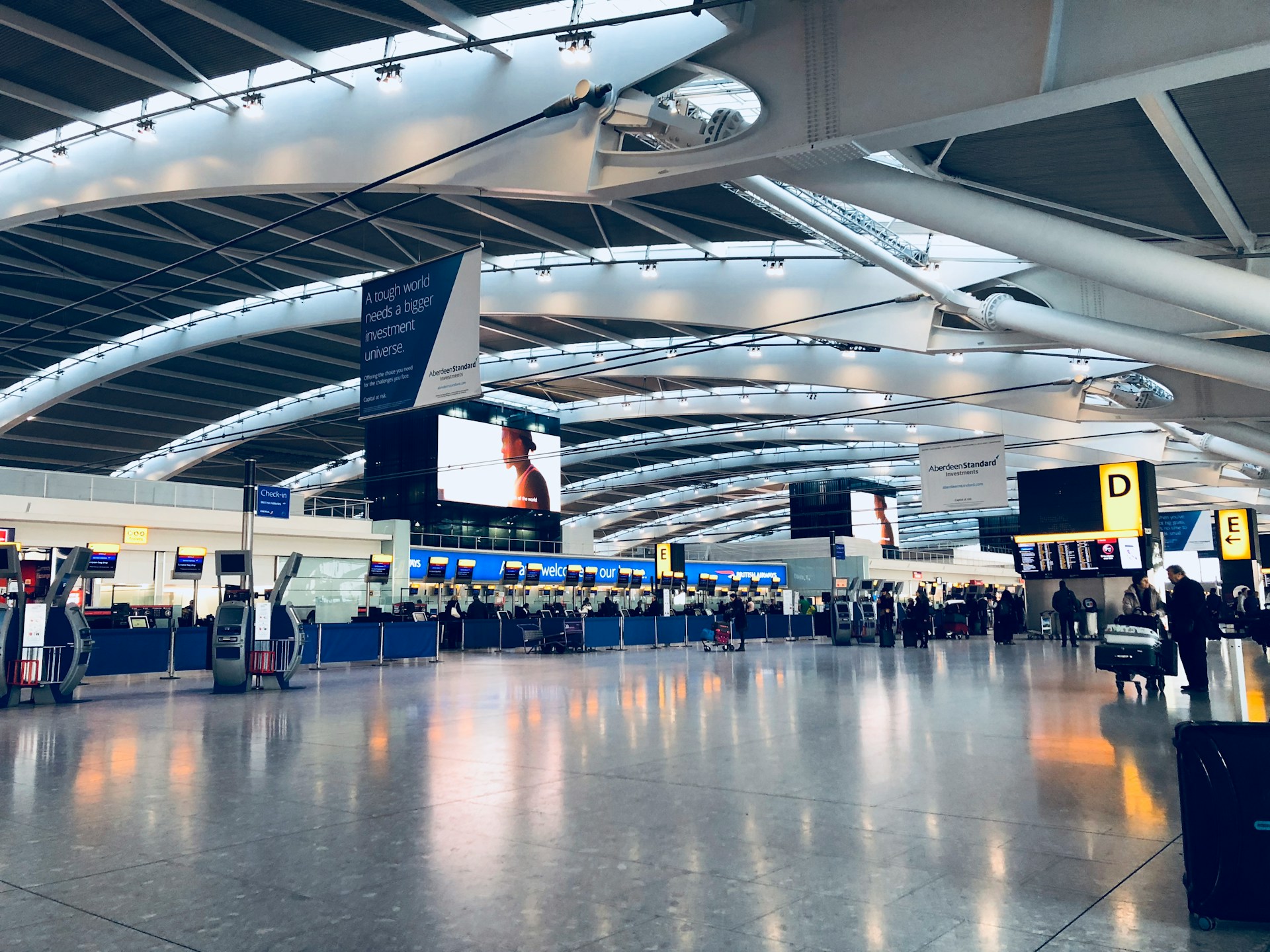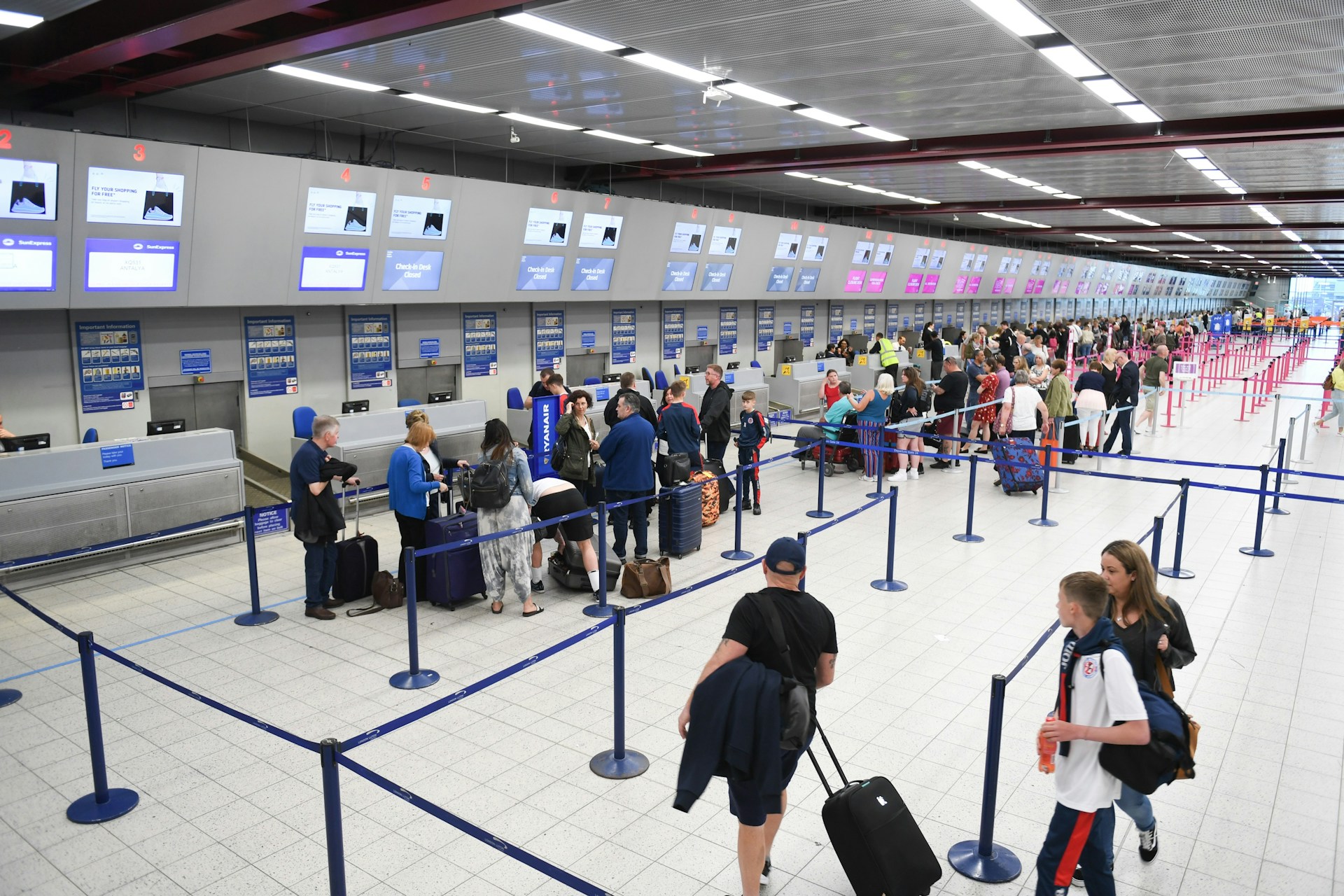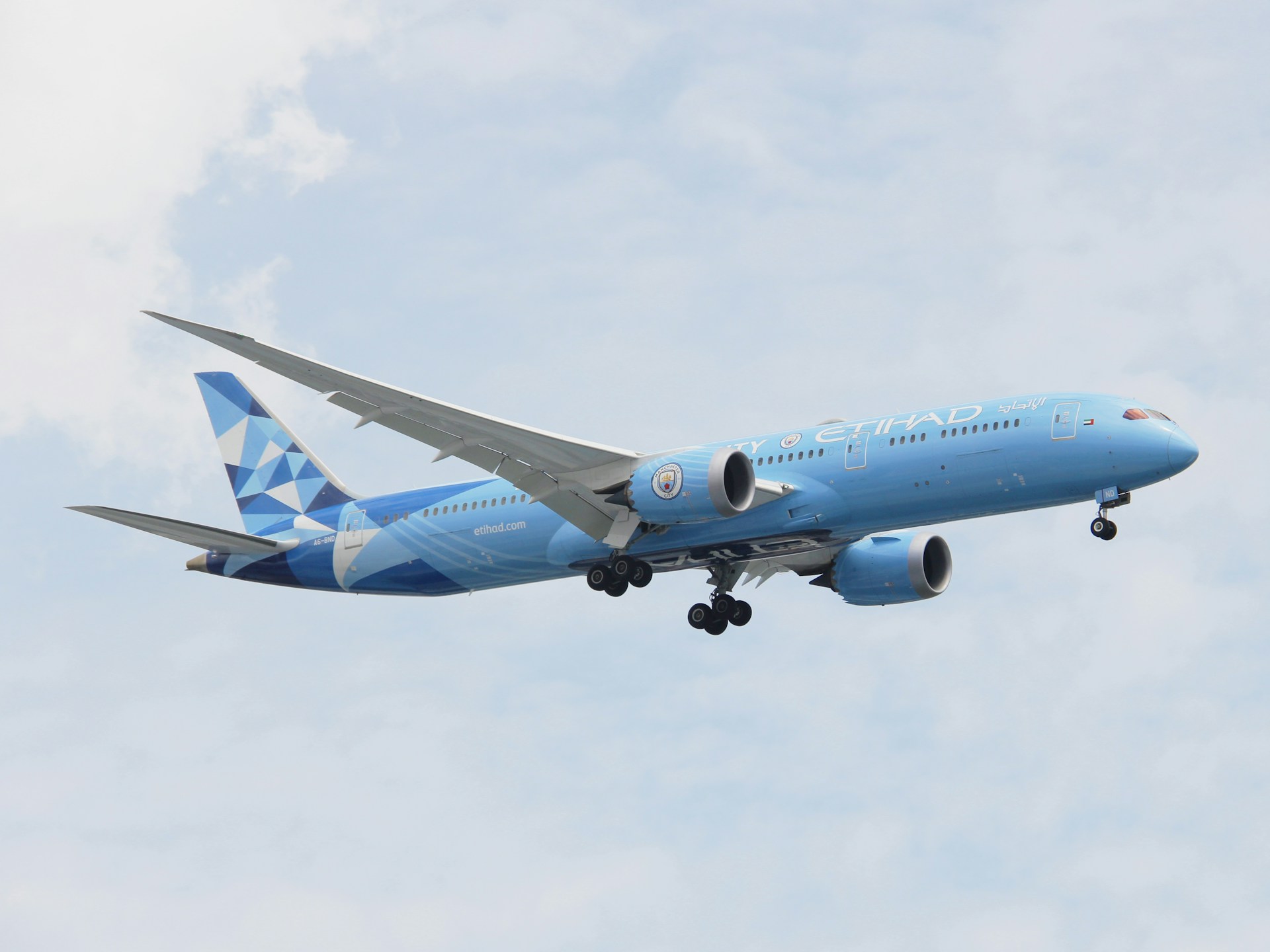If you are a frequent traveller, you already know how airfare costs have been fluctuating in recent years. While this trend is expected to continue next year, don’t worry. The hike is not expected to be drastic, and there are always ways to save money even if prices rise.

One of the main reasons airfares are expected to rise is higher operating costs for airlines. Fuel is one of the largest expenses in the aviation industry. Fluctuations in global oil prices directly affect ticket prices, and with recent increases in fuel costs, airlines have no choice but to pass these expenses on to passengers.
Similarly, labour costs are another significant factor. As the demand for air travel continues to increase, airlines are hiring more staff to keep operations running smoothly, and these rising costs inevitably lead to higher fares.
Environmental regulations are also playing a role in driving up airfares. Many governments are introducing stricter policies to combat climate change, including requirements for airlines to use sustainable aviation fuel (SAF).
While SAF is better for the environment, it is significantly more expensive than traditional jet fuel. Some European airlines have already announced fare increases to offset these costs, and this trend is likely to spread globally as environmental policies tighten.
Geopolitical tensions and trade issues are influencing airfare increases. Trade barriers and tariffs have driven up the cost of aircraft parts and maintenance, making it more expensive for airlines to operate.
In regions experiencing geopolitical instability, airlines also face additional costs related to safety measures, which are eventually passed on to passengers. These factors add another layer of complexity to an already strained industry.

Demand for air travel tends to peak during certain times of the year, especially in the summer and during the holidays. When demand is high, ticket prices usually follow suit. Airlines know that during these busy travel periods, seats are in high demand, so they raise prices to maximise profits.
Even budget airlines, which are typically known for their low-cost fares, tend to hike prices during peak seasons to cover their operational costs and capitalise on high demand. This is a common pattern that travellers need to keep in mind when booking flights.
Rising prices don’t mean you have to spend a fortune on your next trip. Here are some smart strategies to keep costs low;
Book early - One of the simplest ways to save is by booking your tickets well in advance. Airlines often release their cheapest seats months before departure, so the earlier you plan, the better your chances of snagging a deal.
Travel during off-peak times - Flying mid-week, during off-season periods, or at odd hours can significantly lower ticket prices. Avoid holidays and school breaks when demand is highest.
Compare airlines - Use flight comparison tools like Google Flights, Skyscanner, or Kayak to find the best fares. Don’t forget to check budget airlines, which might offer competitive rates, especially on short-haul routes.
Consider alternate airports - Flying into or out of smaller airports near your destination can sometimes save you a lot of money. Check nearby options before finalising your booking.
Set alerts - Sign up for price alerts on travel websites to be notified when ticket prices drop. This way, you will never miss out on a good deal.
While airfares are set to rise in 2025, it doesn’t mean affordable travel is out of reach. By understanding the factors behind price increases and adopting smart planning strategies, you can still find budget-friendly flights for your next adventure. Remember, the key is always flexibility and preparation.


If you want the latest information on the best Hotel Executive Club Lounges, Hotel Kids Clubs and other travel information, be sure to sign up for our free newsletter full of tips and great travel ideas.